Predictions for 2018 Real Estate Trends
In their annual report, The Urban Land Institute (ULI), predicts trends and shifts in the real estate market for the upcoming year. ULI publishes the "Emerging Trends in Real Estate" report as a joint project with PricewaterhouseCoopers researchers and compiles more than 800 individual interviews and 1,600 surveys from a diverse group of real estate, economic, and development professionals.
For months, news outlets have been reporting on whether the Seattle housing market bubble will burst; but with prices still increasing and Amazon continuing to pour resources into their hometown, as well as expanding; the official word from this report is that Seattle is still the top market to watch. The factors leading to this decision range from the aforementioned "Amazon-backed growth"; to trends solidifying from millennial and newly anticipated "Gen Z" buyers. "Gen Z... is predicted to hit the post-college housing market in much the same way as millennials, loaded with debt and preferring a more urban lifestyle. They'll also enter the working world looking for structure and stability..." They're also defined by their lack of attention span and tech-savvy nature; which matches well with office and commercial evolution.
On the other end of the spectrum, "Baby Boomers" aren't quite following through with many retirement predictions as a cause of the Great Recession. "Initial predictions that the baby boomers would be already retiring en masse at fancy retirement communities and active lifestyles developments have given way to a more complicated reality... Additional loan burdens and a lack of financial planning and savings have put many boomers in an awkward position, causing some delay to retirement." This is leading to many boomers downsizing from their larger homes into more affordable options.
Another emerging trend for 2018 will be the need for mixed work-spaces; as more and more companies want curated, configured office spaces that boost productivity. Curbed calls for "Developers who focus on and market designs and efficiency, and tailor their products to ever-evolving workplace trends (flexibility, green design, smart office space)," stating that they will "benefit greatly." In 2018, developers and commercial property owners should focus on an environment for success, both in space and location.
The biggest obstacle (or opportunity, depending how you look at it) is the need for mid-priced single family homes that many middle-class Americans can actually afford. The housing market in Seattle continues to lean heavily towards a sellers market, in many ways, because of the lack of inventory. The higher-end market remains well-served, but "...practical and affordable mid-market homes, as well as starter homes and affordable rental units for young adults, remain potential goldmines for developers who figure out the right balance of price, land costs, location, and amenities," states Curbed.
We certainly aren't claiming to be able to see into the future; however, we are looking forward to what a new year, new city leadership, and a booming real estate market means for the city of Seattle.

